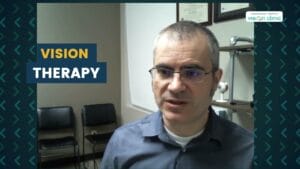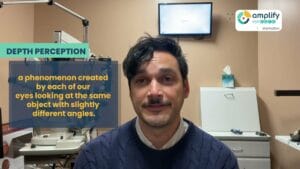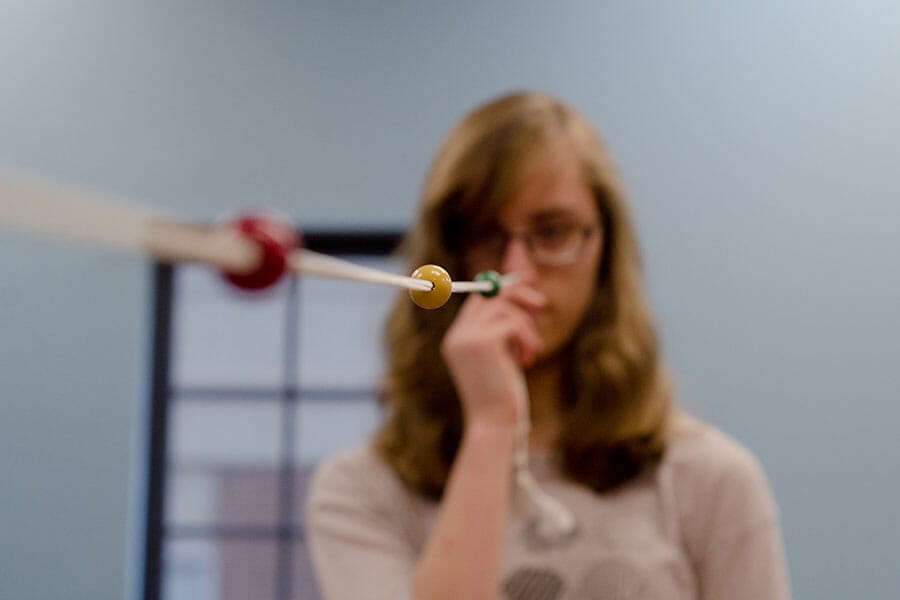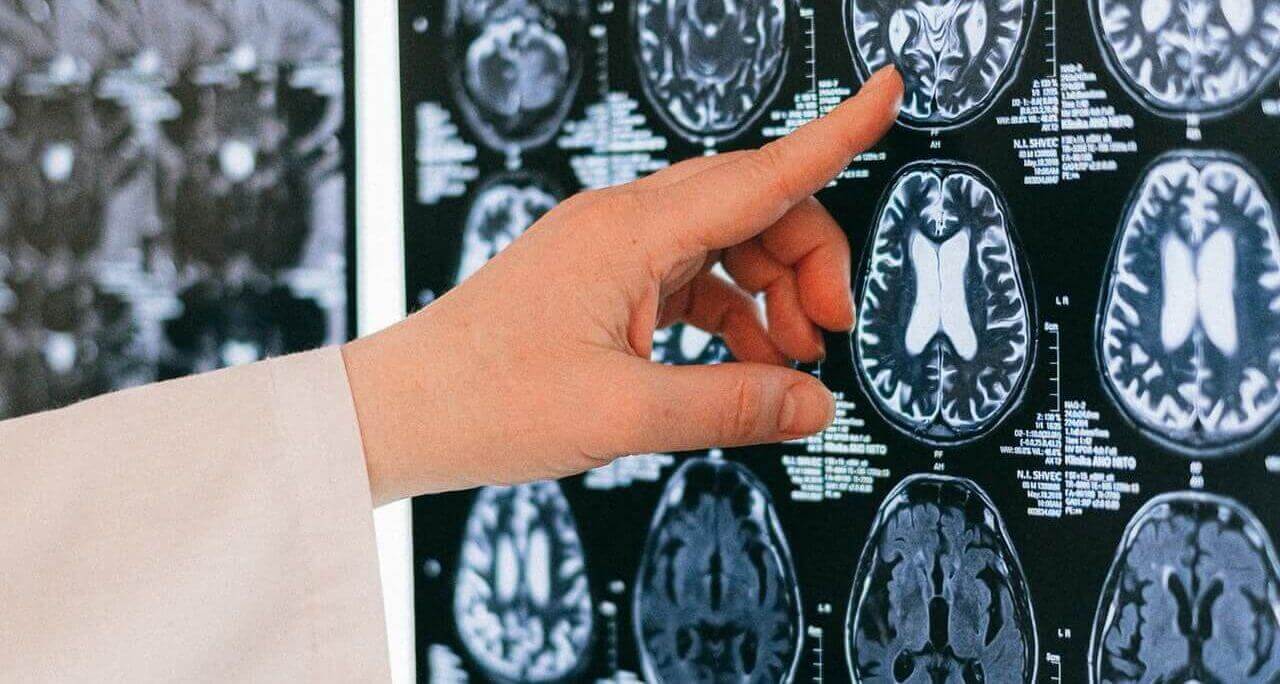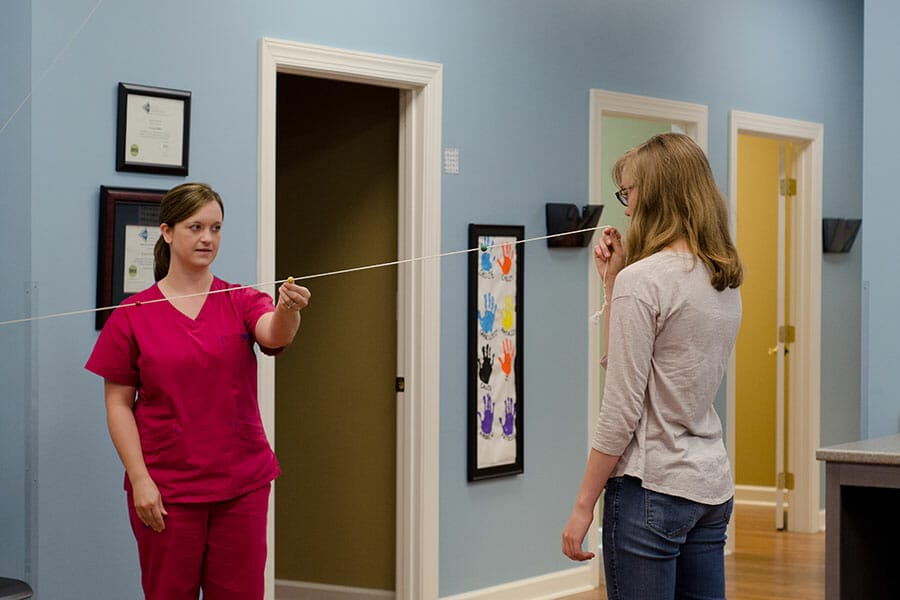Symptoms
Vertical heterophoria can lead to a number of symptoms, some of which might not be immediately associated with vision.
These include:
Dizziness
Feelings of dizziness can come and go for someone with vertical heterophoria, and it can be triggered by a range of actions, such as”
- standing up quickly
- moving the head from side to side
- straightening up quickly after bending over
- Rounding curves in a car
- Driving at high speed in traffic
- Riding in a car as a passenger
Head, Neck, and Shoulder Pain
Other signs you have vertical heterophoria include head pain (specifically at the temples, forehead, and the back of the head). The intensity of these headaches can also vary. Those suffering from vertical heterophoria may also experience a feeling of heaviness near the crown of the head, comparable to the pressure from sinus pain.
Neck and shoulder pain can result from head tilting to compensate for the vision difficulties caused by the misaligned eyes.
Anxiety
Anxiety, specifically while driving, is also a common symptom of vertical heterophoria.
Particular issues which may occur include:
- Perception that signs and stoplights are moving or that your vehicle is moving backward even while you are pressing the break, which makes it hard to come to complete stops when required.
- Generally anxiety regarding driving, due to concerns about experiencing dizziness while behind the wheel.
- The perception that stationary objects at the edges of your vision are moving.
- Uneasiness if places with high ceilings, due to sensory overload or disorientation due to a high level of visual stimuli.
Trouble Balancing
The dizziness caused by vertical heterophoria can also lead to trouble balancing, which can make everyday actions like going up the stairs dangerous.


